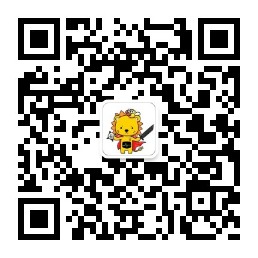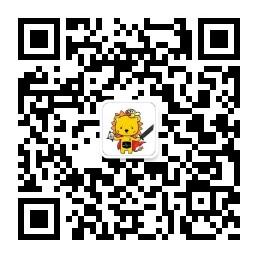Undergraduate Scientific Research
Undergraduate scientific research is an important part of students' cultivating program, which can help them consolidate their theoretical foundation, train their scientific research accomplishment, practical ability and innovative consciousness. The EECS undergraduates take an active part in scientific research, and 100% of them will join the lab, and publish more than 30 papers each year, including many top journals, such as IEEE Transactions,Physica A, Optical Letter, IEEE Communications Magazine, etc., and many top conferences, such as SIGMOD, CVPR, KDD, WWW, AAAI, IEDM, etc.
Most of the EECS undergraduates who actively seek out their own interested direction in research will join the lab in sophomore year. The school gives topics of undergraduates’ scientific research to all junior or senior undergraduates, 100% undergraduate students will join the laboratory at the beginning of the senior grade, and determine their tutor and research topics.
In order to stimulate the enthusiasm of the students, “Peking University Young Scientists Symposium on Informatics” is an important part of the undergraduate education at EECS, Peking University.
“Peking University Young Scientists Symposium on Informatics” is held by EECS and Department of basic education of EECS. The symposium is based on the innovative scientific research practice carried out by the school. We selects outstanding research achievements and then for exhibition and exchange at the symposium. Symposium is also a platform we provided for broadening the academic vision of undergraduates, stimulating research enthusiasm, encouraging bold innovation and planning academic careers.
“The Young Scientists Symposium on Informatics” was first held in 2013, and has been held for four consecutive sessions by now. The symposium is divided into three parts: the invited conference report, oral report and poster display. As the organizers, we pick a topic based on the current research, invite well-known experts and scholars from international universities and industry to do wonderful reports. The previous topics include "Art and Computing Science (2013), "Let Hardware be Smart (2014)", "Software and Hardware of Next Generation (2015)" and "Quantum Communications and Quantum Computing (2016)". Besides, each year we choose some outstanding students to give oral reports or posters show, from the undergraduate scientific research and practice innovation activities. Research directions include a number of hot spots in the field of computer science, electronics, microelectronics and machine intelligence, etc. Students participating in scientific research shows not only come from EECS, but also from department of physics, mathematical science, and medical. All oral presentations and poster presentations are given in English, giving students the opportunity to experience the standards and levels of international conferences in advance. Some students say that through the Scientists Symposium they can open up horizons, learn new knowledge and get exercise. As the English name of the conference goes, “Peking University Young Scientists on Informatics”, we hope we can cultivate and discover the future scientists and industry leaders of Peking University's information discipline through this kind of academic exchange. We believe that such people are growing up among our students. Table 4-3 below is the publications and patent applications of undergraduate students in EECS in the past 4 years.









